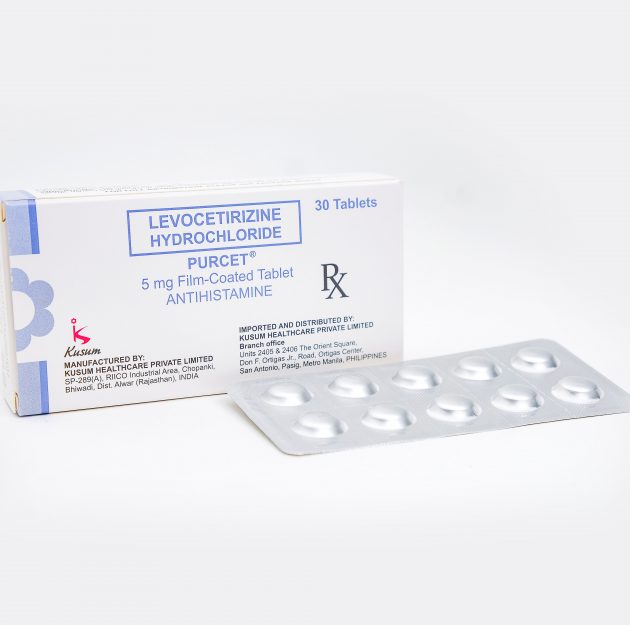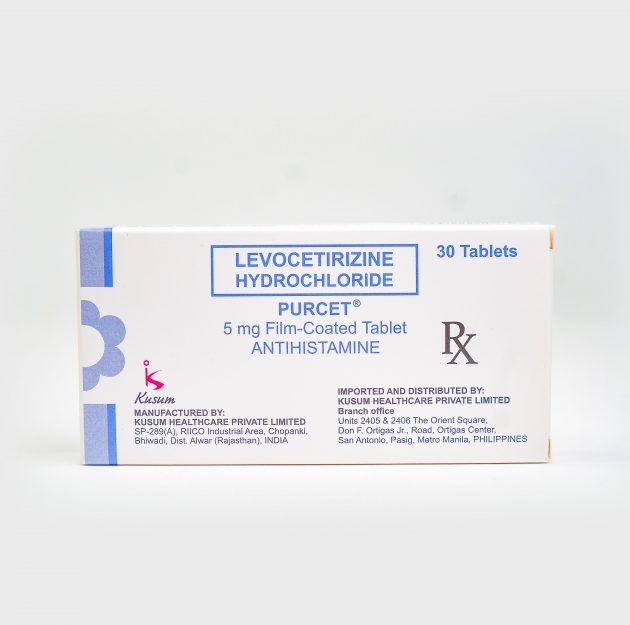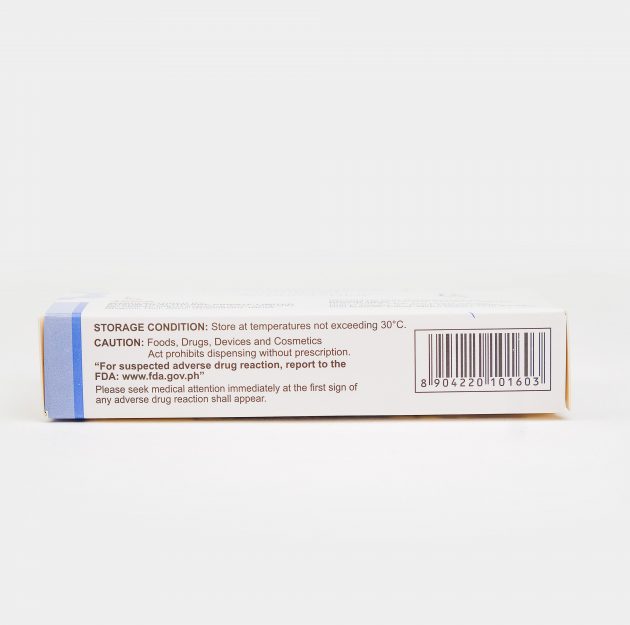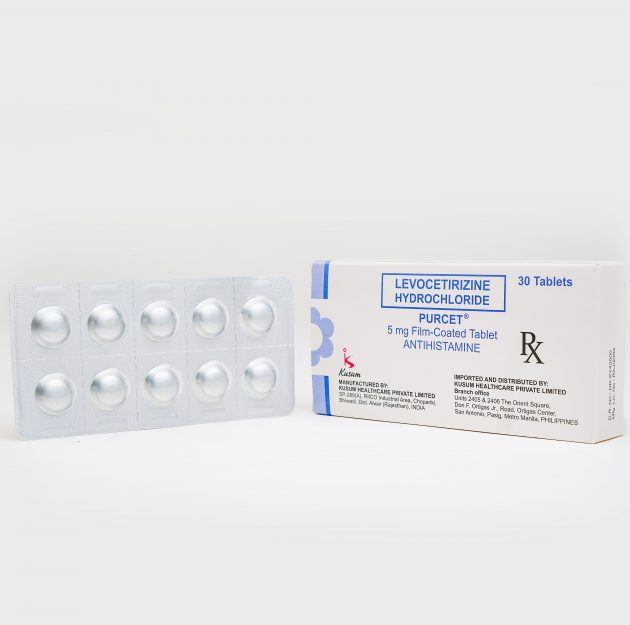Dosage and Administration :
The daily recommended dose is 5 mg (1 film-coated tablet).
Elderly patients
Adjustment of the dose is recommended in elderly patients with moderate to severe renal impairment (see Patients with renal impairment below).
Patients with renal impairment:
The dosing intervals must be individualized according to renal function. Refer to the following table and adjust the dose as indicated. To use this dosing table, an estimate of the patient’s creatinine clearance (CLcr) in ml/min is needed.
Patients with hepatic impairment
No dose adjustment is needed in patients with solely hepatic impairment. In patients with hepatic impairment and renal impairment, adjustment of the dose is recommended (see Patients with renal impairment above).
Paediatric population
Children aged 6 to 12 years:
The daily recommended dose is 5 mg (1 film-coated tablet).
For children aged 2 to 6 years no adjusted dosage is possible with the film-coated tablet formulation. It is recommended to use a paediatric formulation of levocetirizine.
Method of administration
The film-coated tablet must be taken orally, swallowed whole with liquid and may be taken with or without food. It is recommended to take the daily dose in one single intake.
Duration of use
Intermittent allergic rhinitis (symptoms experienced for less than four days a week or for less than four weeks a year) has to be treated according to the disease and its
history; it can be stopped once the symptoms have disappeared and can be restarted again when symptoms reappear. In case of persistent allergic rhinitis (symptoms experienced for more than four days a week or for more than four weeks a year), continuous therapy can be proposed to the patient during the period of exposure to allergens.
There is clinical experience with the use of levocetirizine for treatment periods of at least 6 months. In chronic urticaria and chronic allergic rhinitis, there is clinical experience of use of cetirizine (racemate) for up to one year.









